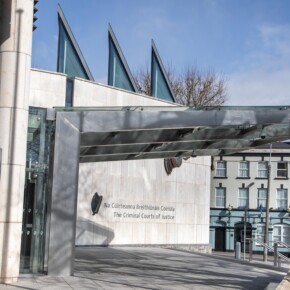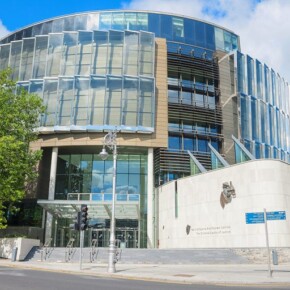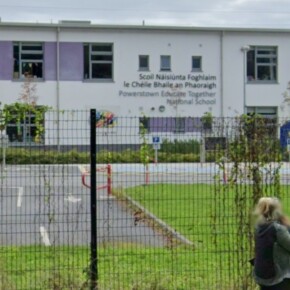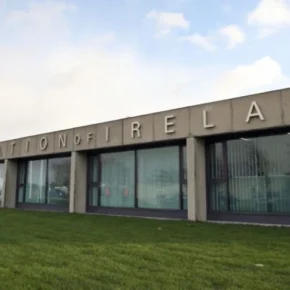€14 billion in Budget measures announced
Mike Finnerty 10 Oct 2023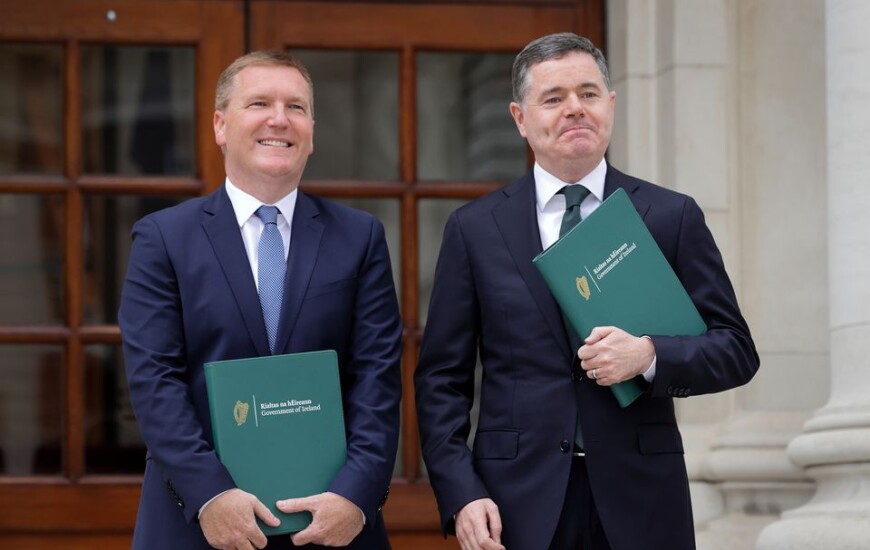
The Budget for 2024 has been announced, and the results are less “giveaway Budget” than it is a “prudent Budget.”
This year’s Budget is broadly similar to last years, which was majorly shaped by the cost of living crisis, and with the crisis still ongoing a year later as well as numerous global economic challenges, Government has opted to play it safe and not deploy what is known as the “bazooka” in German politics.
This was reflected by Minister for Finance Michael McGrath, who said the budget was “framed against a backdrop of global uncertainty – both economic and geopolitical.”
“For many, the impact of inflation resulted in a deterioration in living standards in the last year. I expect living standards will improve for the vast majority in the next 12 months, with incomes growing faster than the rate of inflation,” he said.
A personal income tax package to the tune of €1.3 billion has been announced, with the much-touted 4.5% rate of USC is being cut to 4%.
The personal tax credit, PAYE and Earned Income Credit are set to increase by €100 for workers, and the renter tax credit has been increased to €750 up front last year’s €500.
On the social welfare side of things a once-off double week “Cost of Living Support” payment will be given to certain Social Protection recipients in January.
A €400 one-off payment will be made before Christmas to those who receive the Carer’s Support Grant, Disability Allowance, Blind Pension, Invalidity Pension and Domiciliary Care Allowance.
A double payment of Child Payment, worth an additional €140 for each child, will be made to all qualifying households before Christmas, and a double payment of the Foster Care allowance will also be made this year.
All Coalition parties got their demands in, Fianna Fáil’s wish to cut USC and increase welfare was implemented, Fine Gael got their once-off measures to tackle the cost of living crisis without hurting the public purse, and the Green Party got their demands surrounding public transport in.
A 50% discount for those with the ‘Young Adult Card’ has been extended for two more years and will now benefit 19 to 25 year olds up to their 26th birthday, and the 20% fare reductions for public transport has been secured for another year.
The decision was backed up by Department of Transport numbers that showed a nearly 15% increase in bus passenger numbers and almost 8% increase in train passenger numbers since 2019.
Housing dominated the latter proceedings of the Budget announcement, with Donohoe claiming housing delivery is “performing strongly” and said the Government expects to exceed its target of delivering 29,000 new homes by the end of this year.
Under the Budget measures, €7 billion of funding will be allocated to the the Department of Housing with €2.6 billion going towards housing specifically.
€1.9bn in capital funding will be spent in 2024 to deliver 9,300 new build social homes and €265m to support the delivery of 6,400 affordable homes in 2024.
Under the measures and subject to conditions, rental income of €3,000 for the year 2024, €4,000 for 2025 and €5,000 for the years 2026 and 2027, will be disregarded at the standard rate for landlords.
Naturally, opposition parties have taken the Government to task over the Budget measures, with Labour leader Ivana Bacik saying “this is the first Fianna Fáil Budget in over a decade, but some things never change. At a time when rents are skyrocketing, Minister McGrath announces tax breaks worth €160 million per year for landlords – without any evidence this will help to improve conditions for renters.”
Sinn Féin TD Pearse Doherty said Mr Doherty said it was “an indictment on this Government, which has billions of euros at its disposal, that nearly 4,000 children woke up this morning in emergency accommodation – can any one of us here really imagine what that is like?”
John Dolan, CEO of the Disability Federation of Ireland, said that the Budget “do not come close to meeting the needs of people with disabilities.”
“It is difficult to understand how the cost of disability payment, acknowledged and introduced for the first time in Budget 2023 at €500, has not been continued. Minister McGrath said last year ‘it is important that we acknowledge that persons living with a disability face additional costs.”.
“These costs were acknowledged in the Indecon Report, and the recent Green Paper, at €8,700 to €12,300 per year and yet there are no such cost of disability measures in Budget 2024,” he said.
“Along with other anti-poverty organisations we had called for a €27.50 increase in core social protection rates to keep up with inflation and prevent a rise in inequality and poverty. Although the Minister referenced inflation, the increase announced today falls significantly short at €12.”


